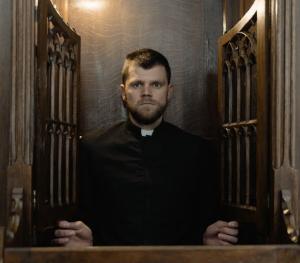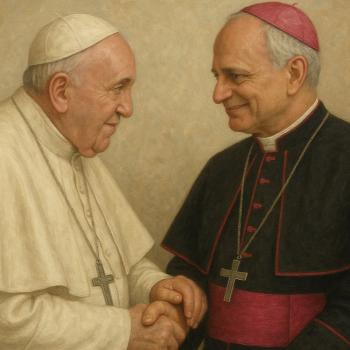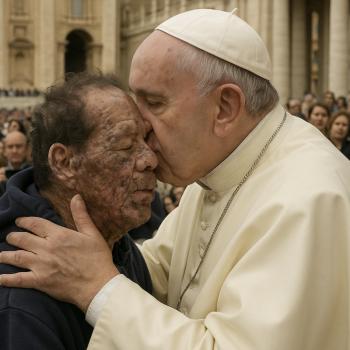
For over 2,000 years, the Catholic Church has firmly upheld that everything said during the sacrament of confession must remain absolutely confidential. This principle, known as the seal of confession, has been safeguarded so strictly that many priests throughout history have been imprisoned, tortured, and even martyred for refusing to break it.
Canon Law and the Seriousness of the Seal of Confession
The Code of Canon Law, in canon 983 §1, establishes that the seal of confession is inviolable. A confessor is strictly forbidden from revealing the identity of a penitent, either verbally or by any other means, under any circumstance.
Canon 1386 §1 adds that if a priest directly violates this seal, he incurs automatic excommunication, a penalty so severe that only the Pope could lift it.
Washington State’s New Law: A Threat to Religious Freedom?
On May 2, Washington’s Democratic Attorney General, Robert Ferguson, signed Senate Bill 5375 into law. The bill requires priests to report any known or suspected cases of child abuse or neglect—even if the information was obtained during sacramental confession.
The law does not make any exceptions for the seal of confession, sparking intense conflict between Church and state. Any priest who refuses to break the seal could face up to 364 days in jail, a $5,000 fine, and civil penalties.
Response from the Church and Federal Government
On May 29, the Catholic bishops of Washington State filed a federal lawsuit titled Etienne vs. Ferguson, led by Archbishop Paul Etienne of Seattle, Bishop Thomas Daly of Spokane, and Bishop Joseph Tyson of Yakima. Auxiliary bishops of Seattle Eusebio Elizondo, M.Sp.S. and Franklin Schuster of Seattle also joined the suit.
The bishops affirm that this law does not aim to protect children. It rather criminalizes priests for following a practice that is fundamental to the Catholic faith. Mark Rienzi, president of the legal firm Becket, which is representing the bishops, stated:
“It’s hard to imagine a more brazen attack on faith than government officials trying to control the sacrament of confession.”
The Civil Rights Division of the U.S. Department of Justice reacted quickly, launching an investigation into whether the law violates the First Amendment, which guarantees religious freedom. Federal officials have described the law as anti-Catholic and discriminatory. Considering especially that other professionals—such as lawyers, doctors, and spouses—are still protected by confidentiality privileges under the law.
A Law Difficult to Enforce
Beyond canonical questions, the law presents obvious practical issues. Most of the times, penitents confess behind a screen. Priests only hear their voice and never ask penitents to identify themselves. This makes it nearly impossible to connect most confessions to specific individuals —something Ferguson, as a Catholic, should have remembered.
The Catholic Church in Washington: Committed to Child Protection
It’s important to highlight that the Catholic Church in Washington has long implemented strict policies to prevent abuse. All personnel—including priests, teachers, catechists, and volunteers—must:
-
Pass criminal background checks
-
Complete training courses on abuse prevention and reporting
-
Renew certifications regularly
Additionally, diocesan policies require priests to report any suspected abuse to civil authorities —just as in the rest of the Catholic Church under the current policies.
What Now?
The Church has reassured the faithful that priests will continue to uphold the seal of confession, even if it means going to prison. This decision affirms the Church’s unwavering commitment to her doctrine and tradition.
The Etienne vs. Ferguson case could become one of the most consequential legal battles in recent U.S. history involving the conflict between civil law and religious liberty. The trial shall begin this summer.
Final Reflection
This situation calls us to prayer and action. Let us pray that the constitutional right to religious freedom prevails—and that our communities remain spiritually and humanly safe spaces.
Be Passionate About Our Faith!












